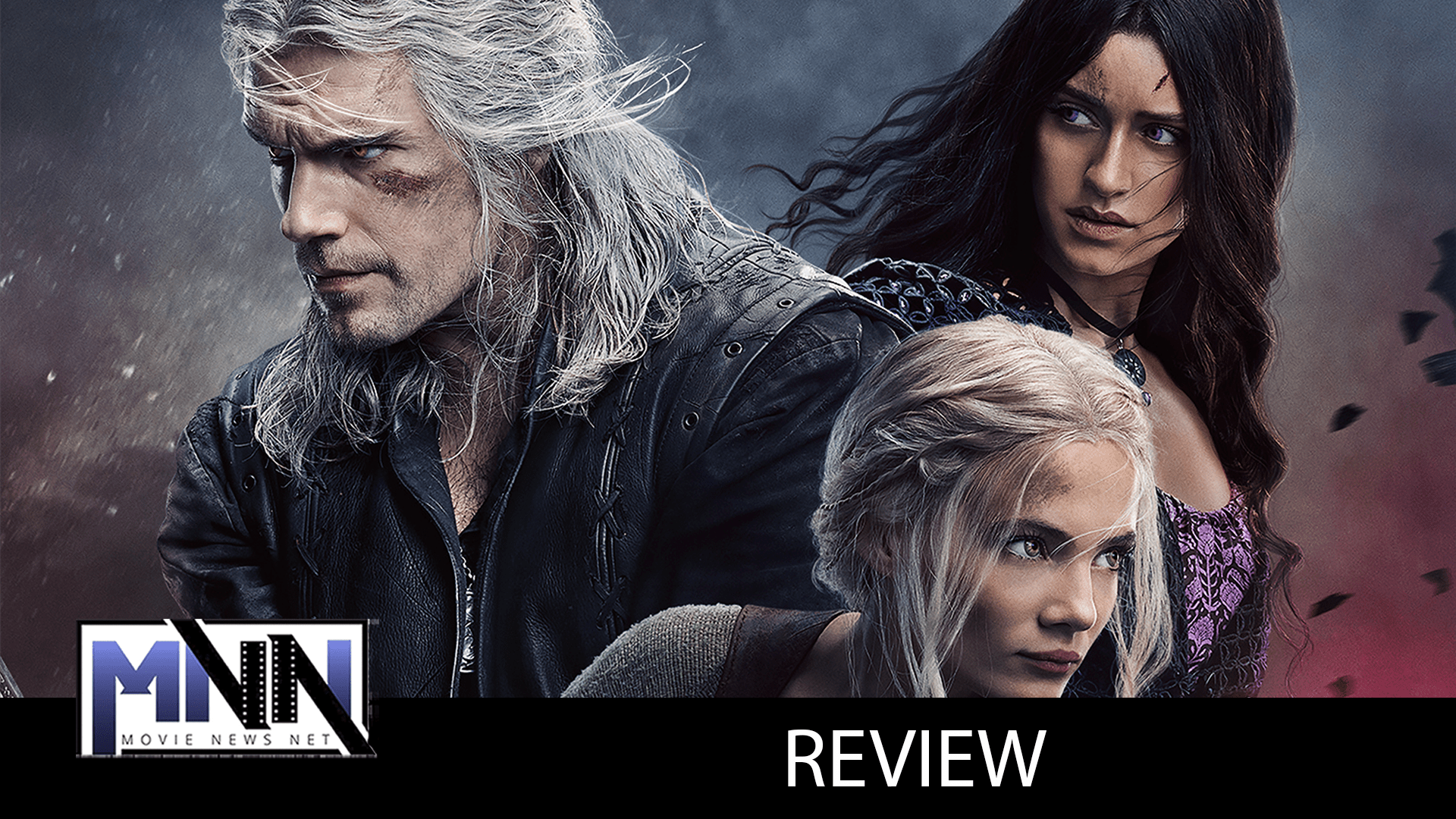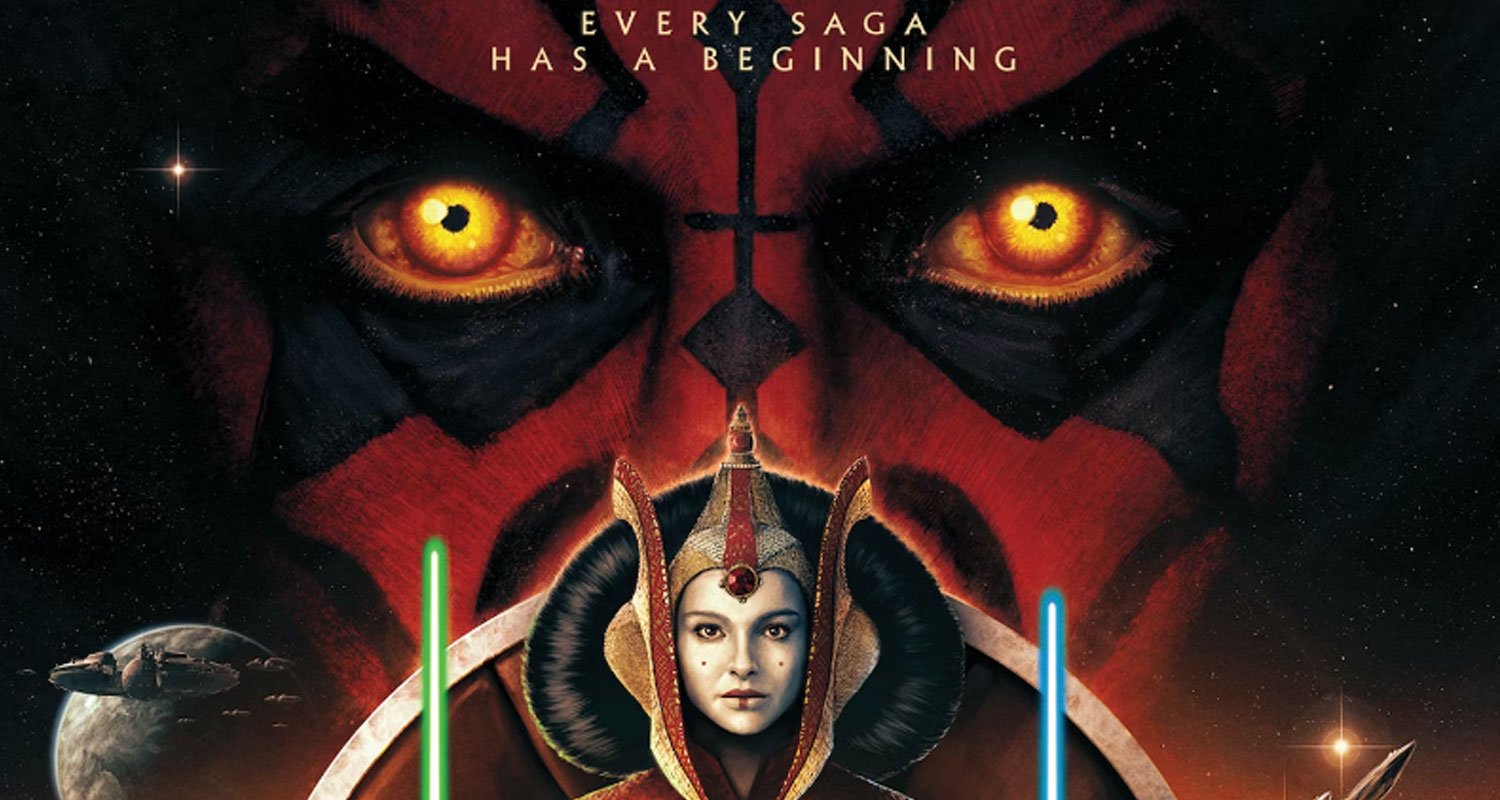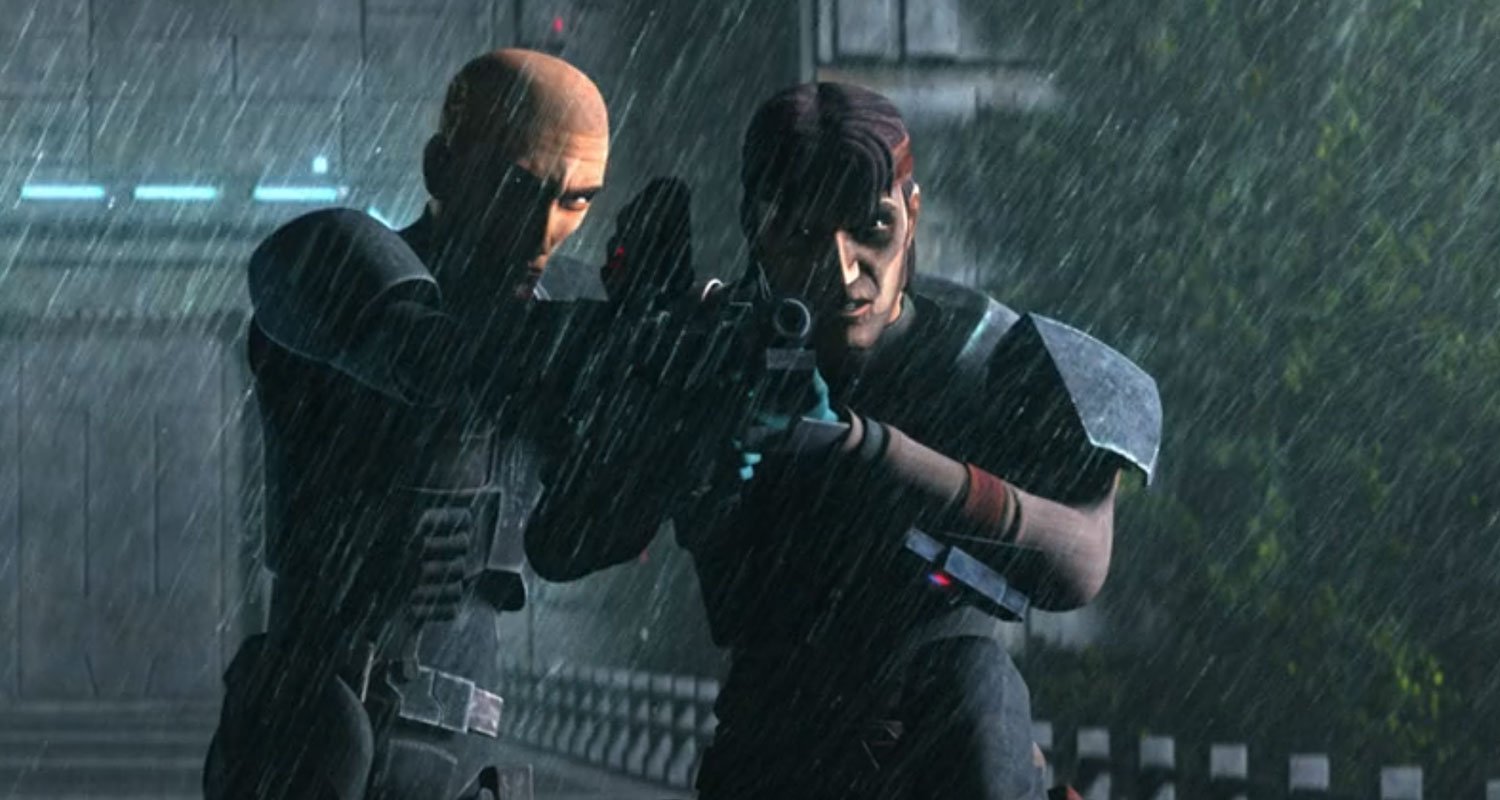‘The Witcher’ Season 3 Volume 1 Review: Overall Consistent With Previous Seasons, Though Flaws Are More Noticeable
A veteran warrior is put in charge by fate of a young being whose sole existence has the potential to either unite or further divide the people that inhabit the fantasy world they both live in. What am I describing, The Mandalorian, Obi-Wan Kenobi, or The Last of Us? In this case, it’s actually The Witcher, which sees Henry Cavill as a monster-slayer warrior for the third and final time. As we saw in the second season, he’s also in charge of a young girl named Ciri (Freya Allan), who is in grave danger as powerful entities are trying to get to her to exploit her natural-born power.
The first five episodes of the third season are currently available and act as a continuation (of sorts) of the storyline set up by the season 2 finale. By far, the first episode is the more satisfying, as we see our main characters together in one place for once, enjoying their time as a found family but also respecting the differences they’ve had in the past in a way that feels earned. Yennefer (Anya Chalotra) is essentially the mother to Ciri she always dreamed of becoming, and Geralt’s burden seems lighter in the presence of the two women she loves, even if he may still hold a grudge against Yennefer for her betrayal in the second season.
But that moment of peace will not last for long, especially because Ciri’s power is too irresistible for people who crave it, making it really hard not to chase her down. A new threat emerges in the third season, one that the writers want us to think is always lurking in the background, even if they don’t always succeed at conveying that sentiment. Divide and conquer, say Geralt and Yennefer. They split up to try to pin down who is chasing their almost-adoptive daughter, which leads to some real moments between mother and child, and a lot of grunting from our title character.
Unfortunately, the season doesn’t quite pick up from that solid first episode, and it becomes a bit of a mess to keep track of after that. The Witcher season 3, much like the previous season (and unlike the first), thrives when it’s focused on Ciri and her arc, with Geralt’s storyline being a close second — the two zigzag around each other a lot in the first five episodes. However, perhaps even more than in the second season, the show loses a lot of momentum when it’s focused on the politics of the Continent and the different species that inhabit it. It briefly touches on real-world issues like racism and even the Middle-East conflict, but it’s never bold enough to make a stand on the latter, which would have led to much more interesting developments. Or would it? The truth is that Ciri is the beating heart of the show, her presence is what is driving the Continent into the edge of chaos and alienating a lot of political powers. But her character is also the one we are most attached to, mostly because of how Geralt feels about her.
With the third season, and namely episodes 2-4, The Witcher became an ensemble piece. A series where Geralt gets almost as much screen time as five or six other cast members; losing our main focus can be detrimental to the pacing of the episodes. One of the more underwhelming elements of the new season is how little it explores some of the things that had been set up by the season 2 finale. I do feel like the show is quite consistent in tone and overall quality across seasons, and that is true for the third one as well. Aspects that worked very well, like Geralt hunting monsters, Yennefer’s personal struggles to find her place in the world, and Ciri’s arc, are all there, even if they are overshadowed by less appealing aspects of the narrative, like the Continent’s politics.
However, it’s with the final episode of this volume that the writers decided to go big or go home, and they didn’t quite deliver. The fifth episode of the season is isolated in time and space and the storytelling is done through a gimmick that never quite worked for me. The Witcher used in the first season, to great effect, in-universe time manipulation to tell the story in an effective way. With the third season, in the first and fifth episodes especially, they tried to bring some of that magic back, but it didn’t quite work.
Without going into spoilers, it feels like the approach they took to tell the story of the fifth episode was counterproductive and the entire situation feels out of place. The fact that it worked so poorly for me may have to do with the fact that this was the final episode of Volume 1, meaning it could have been used to bring to a conclusion what had happened so far and work as set up to the final three episodes. And while the final moments do tease an interesting twist to unfold (the press notes also tease a big fight coming in the sixth episode, which will be a welcome surprise for a season that’s been lacking the action the series once had), it was a little too late. Ending Volume 1 with the fourth episode would have been quite interesting too, though I get that Netflix wanted to leave the door wide open with the cliffhanger at the end of episode 5.
And yet, I keep going back to Ciri and how Allen’s presence in the show is by far the most interesting aspect of it. The character continues her journey from the second season of possibly becoming a young monster hunter herself (we may or may not see her combat one or two creatures during the course of the first four episodes), even if the show makes it abundantly clear that this is not the path she wants to pursue. However, despite her huge relevance to the plot, she is not in that much of the season so far.
Another key aspect of the show is the relationships between the characters, particularly between the main trio of characters. Geralt, Ciri, and Yennefer have very relatable dynamics between each two of them, and the way they mirror a real family is a big accomplishment for the writers. Each of their relationships feels real inside such a fantastical world, which is an anchor point for the viewer.
And speaking of the fantasy genre, it’s also appreciated the fact that The Witcher never tries to be anything it can’t be. The word “grounded” has become such a go-to term to describe any new project, as PR teams everywhere have reached the conclusion that audiences are looking for realistic scenarios in their shows. Meanwhile, the Lauren Schmidt Hissrich-created series is never afraid to fully explore its out-of-this-world elements, from sorcery to elves to its fictional geography. This can be a little daunting, and even off-putting at times, as it requires a full investment by the viewer to pay attention to every word on the page and keep in mind everything that came before as well, but it’s also appreciated the fact that they are aware that this is a fantasy series, and they should exploit that, even if there are episodes like the fifth one that is a bit lacking in that regard.
The first five episodes of The Witcher season 3 are now available on Netflix. The truth is that if you enjoyed the last couple of seasons, you will find plenty to enjoy in the third one as well.
Miguel Fernández is a Spanish student that has movies as his second passion in life. His favorite movie of all time is The Lord of the Rings, but he is also a huge Star Wars fan. However, fantasy movies are not his only cup of tea, as authors like Scorsese, Fincher, Kubrick or Hitchcock have been an obsession for him since he started to understand the language of filmmaking. He is that guy who will watch a black and white movie, just because it is in black and white.










